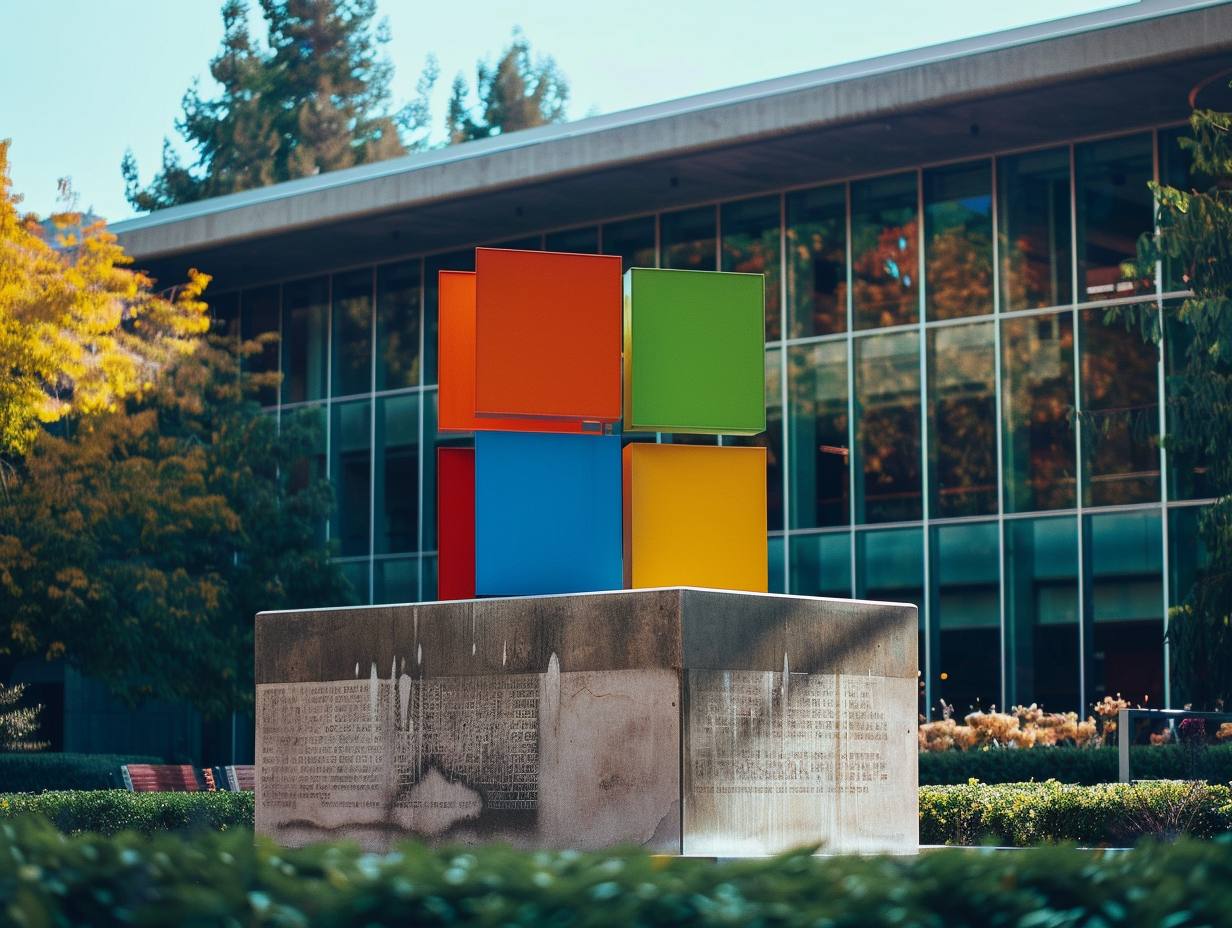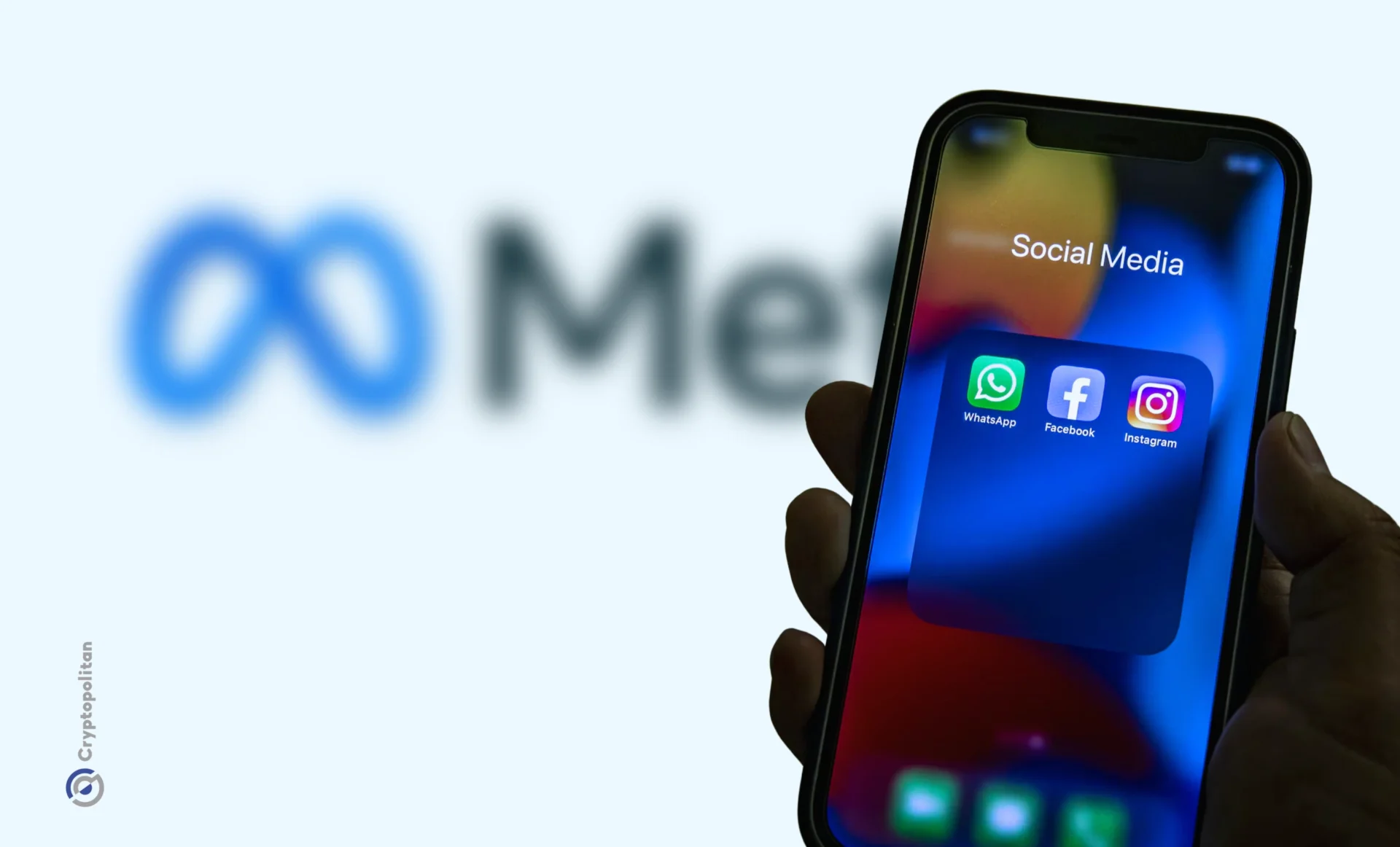Microsoft’s recent strategic collaboration with Mistral AI, a French start-up, has raised alarms among European Parliament members about the influence of Big Tech in the region. On Tuesday, the European Commission declared its plan to investigate the partnership, which includes a €15 million investment in Mistral AI. Microsoft secured a small stake and integrated Mistral’s AI models into Microsoft’s Azure cloud computing platform.
While competition is a natural focus in such partnerships, Green MEPs are urging the European Commission to delve into the ethical aspects of the deal. In a letter to the Commission, they are seeking an investigation into potential conflicts of interest and transparency issues related to lobbying activities by both Microsoft and Mistral.
Kim van Sparrentak, a Dutch MEP from the Greens, emphasized the intensive lobbying efforts by Microsoft and Mistral during the negotiations of the EU AI Act, raising questions about when the companies initiated discussions on their partnership.
Negotiations for the EU AI Act commenced in November of the previous year, with various EU members, including France, advocating to dilute the rules to safeguard open-source companies like Mistral. Concerns about whether Mistral was in talks with Microsoft during these early negotiations have been raised. Michelangelo Baracchi Bonvicini, president of the AI4People Institute, expressed skepticism about the possibility of such a significant partnership materializing within a month.
Lobbying dynamics Microsoft and Mistral’s roles in question
One key aspect under scrutiny is the lobbying activities of both Microsoft and Mistral. According to MEP van Sparrentak, Microsoft and Mistral were actively lobbying, focusing their efforts on the European Council. The timing of these lobbying activities concerning the partnership announcement is now a focal point for MEPs, questioning if there were undisclosed discussions during the crucial stages of the AI Act negotiations.
Mistral’s CEO, Arthur Mensch, took to social media to address what he termed “creative interpretations” of the deal, asserting that Mistral is an independent European company with global ambitions. However, concerns persist about the transparency of the deal and the potential influence of lobbying activities on the EU AI Act.
The involvement of the French government adds another layer of complexity to the situation. Former digital secretary of state Cedric O, who sits on Mistral’s board, has close ties with the French government. MEP van Sparrentak questions whether the French government knew the deal before the AI Act negotiations.
A spokesperson from the French finance ministry asserted that they were not informed of the partnership in advance, viewing it as a source of pride rather than an attempt to influence the AI Act in Mistral’s favor.
Microsoft’s dominance and European concerns
Microsoft’s extensive investments in AI, including its substantial investment in OpenAI, have raised concerns about its growing market influence. MEP van Sparrentak voiced her worries about Microsoft’s dominance, emphasizing the absence of investments in Europe’s cloud infrastructure.
Some, however, are more focused on ethical considerations than concerns about European sovereignty, highlighting the importance of whether AI adheres to established rules rather than its geographic origin.
As Microsoft’s partnership with Mistral AI comes under the scrutiny of the European Commission, questions regarding the timing of discussions, lobbying activities, and government awareness remain unanswered. The investigation will likely shed light on the intricacies of the partnership and its potential implications for the evolving landscape of AI in Europe.





